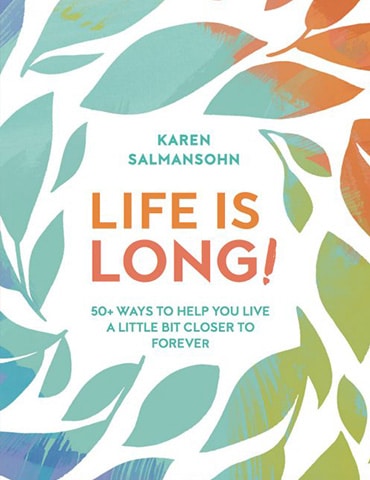 If you’re a woman who is still getting your period, you might wonder why tracking your menstrual cycle is important. Well, keeping track of your period can do more than simply teach you about its frequency and duration. When you track your menstrual cycle, you’re better able to identify any unusual trends in mood shifts or health issues.
If you’re a woman who is still getting your period, you might wonder why tracking your menstrual cycle is important. Well, keeping track of your period can do more than simply teach you about its frequency and duration. When you track your menstrual cycle, you’re better able to identify any unusual trends in mood shifts or health issues.
Basically, you want to understand the numerous hormones involved in menstruation so you can stay in tune with your body.
Thankfully there are several apps on the market that can help you monitor your period, such as Flo period tracker, or you can just use a calendar or diary and write it down there. But however you keep track of your menstrual cycle, be sure to do it regularly.
I’m sharing this info because I am bestselling wellness author.
I founded a nutritionist recommended online program called:
>>>The Stop Emotional Eating Course!
I love sharing insights and techniques to help people to enjoy a healthier lifestyle.
And so I put together this guide on why it’s important to track your menstrual cycle.
6 reasons why tracking your menstrual cycle is important
1. You will not be caught off guard.
Nothing is worse than being caught off guard and not having any sanitary goods on hand, especially if you’re out and about or on vacation. Knowing when your next period is due allows you to plan ahead of time and avoid being caught off guard.
2. Tracking your monthly cycle can aid in conception.
A woman is most fertile and hence most likely to become pregnant during the three days preceding and including ovulation. Ovulation occurs around 14 days before your menstruation begins. If you keep track of your cycle, you will be able to predict the days you are most likely to become pregnant. Your menstrual cycle is a direct indicator of your overall health, and periods are your body’s way of telling you that things are working as they should. Having an extremely unpredictable or heavy period, or skipping a period, can indicate an existing underlying condition. By tracking and logging various details of your cycle, you will be able to recall things that you might otherwise forget when speaking with your healthcare provider.
3. You’ll be able to tell when you ovulate
There are several frequent misunderstandings regarding pregnancy, such as the belief that you can only become pregnant on your day of ovulation or that you may become pregnant at any time. Neither of these statements is correct. Pregnancy is possible in the days preceding and following ovulation. If you want to utilize Clue to become pregnant, the estimated ovulation day might help you better understand your fertility. The Ovulation Day is still an approximation because predicting your exact day of ovulation is extremely difficult. Even if you have consistent cycles, your peak fertility will vary.
4. You will be prepared for hormonal changes.
The severity of premenstrual syndrome (PMS) varies from person to person, and some women do not experience it at all before menstruation. Knowing when PMS occurs can help you understand why you feel it and what you can do to manage it. On the plus side, some women feel more energetic or sexually motivated during certain stages of their cycle. By noticing your feelings, you can better understand (and use to your advantage) these changes.
5. You will be alert to potential problems.
Your menstrual cycle is a good indicator of your overall health. Changes or abnormalities in your menstrual cycle may indicate an underlying health problem (not necessarily related to your reproductive system). Contact your GP or healthcare provider if you are concerned about your menstrual cycle or its changes.
6. You will better understand your individual tendencies.
The most basic technique to track your cycle is to keep note of when your period occurs so you can get a sense of your usual cycle length. Every woman’s biology is unique, and having an unexpected period is more frequent than you would believe. A 28-day cycle is the worldwide average, but it is not necessarily your own average.
When you are aware of your cycle, you will naturally feel more in control and will be less shocked by your next period.
Get Tools to Stop Stress Eating During Your Period and Beyond
Explore my nutritionist recommended online program…
>>>The Stop Emotional Eating Course!
Think happier. Think calmer.
Think about subscribing for free weekly tools here.
No SPAM, ever! Read the Privacy Policy for more information.
One last step!
Please go to your inbox and click the confirmation link we just emailed you so you can start to get your free weekly NotSalmon Happiness Tools! Plus, you’ll immediately receive a chunklette of Karen’s bestselling Bounce Back Book!



